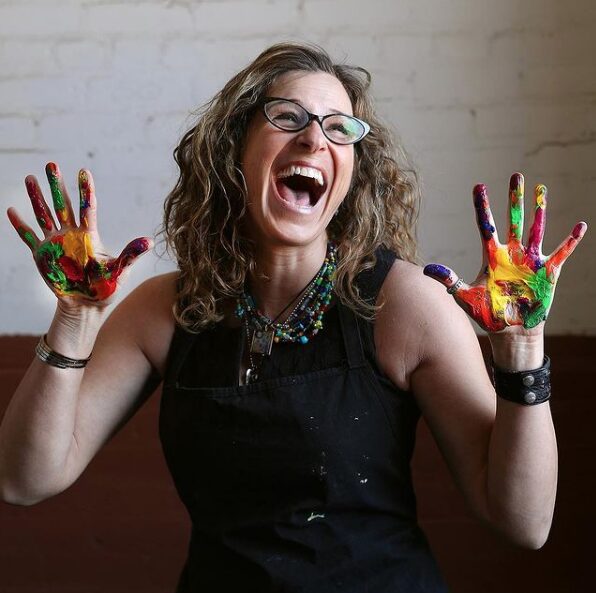We were lucky to catch up with Renee A. Schuls-jacobson recently and have shared our conversation below.
Renee A., so glad you were able to set aside some time for us today. We’ve always admired not just your journey and success, but also the seemingly high levels of self-discipline that you seem to have mastered and so maybe we can start by chatting about how you developed it or where it comes from?
I am very internally motivated, so self-dicipline has never been a problem for me. I tend to set small daily goals, so that I always feel that I am accomplishing something & then I set larger, long-term goals. I was an English teacher for twenty years before I became an independent artist, so I see the day as broken into four distinct blocks: Morning, Afternoon, Late Afternoon & Evening. On any given day, I allow myself to work 2 out of 4 blocks, ideally with a short break in between. This prevents overwhelm and allows me to stay creatively inspired.
As someone who had a brain injury, I take my health very seriously and I have created a life in which I am able to live and work in complete alignment with my own personal goals and values, and I am able to live by my own personal rhythm, so I am rarely drained by people, places or situations. I am careful to make sure that I maintain a good relationship with myself when it comes to my diet & my sleep, and I make sure to make time for relationships with people who fill me up rather than those who deplete me. I do not use any mood-altering substances — no alcohol, cigarettes or drugs of any kind, legal or illegal — and this helps my nervous system to feel safe and it allows me to figure out what I need in any given moment. And even though I use the Internet a lot, I have no problem turning off social media notifications or silencing my cell phone.
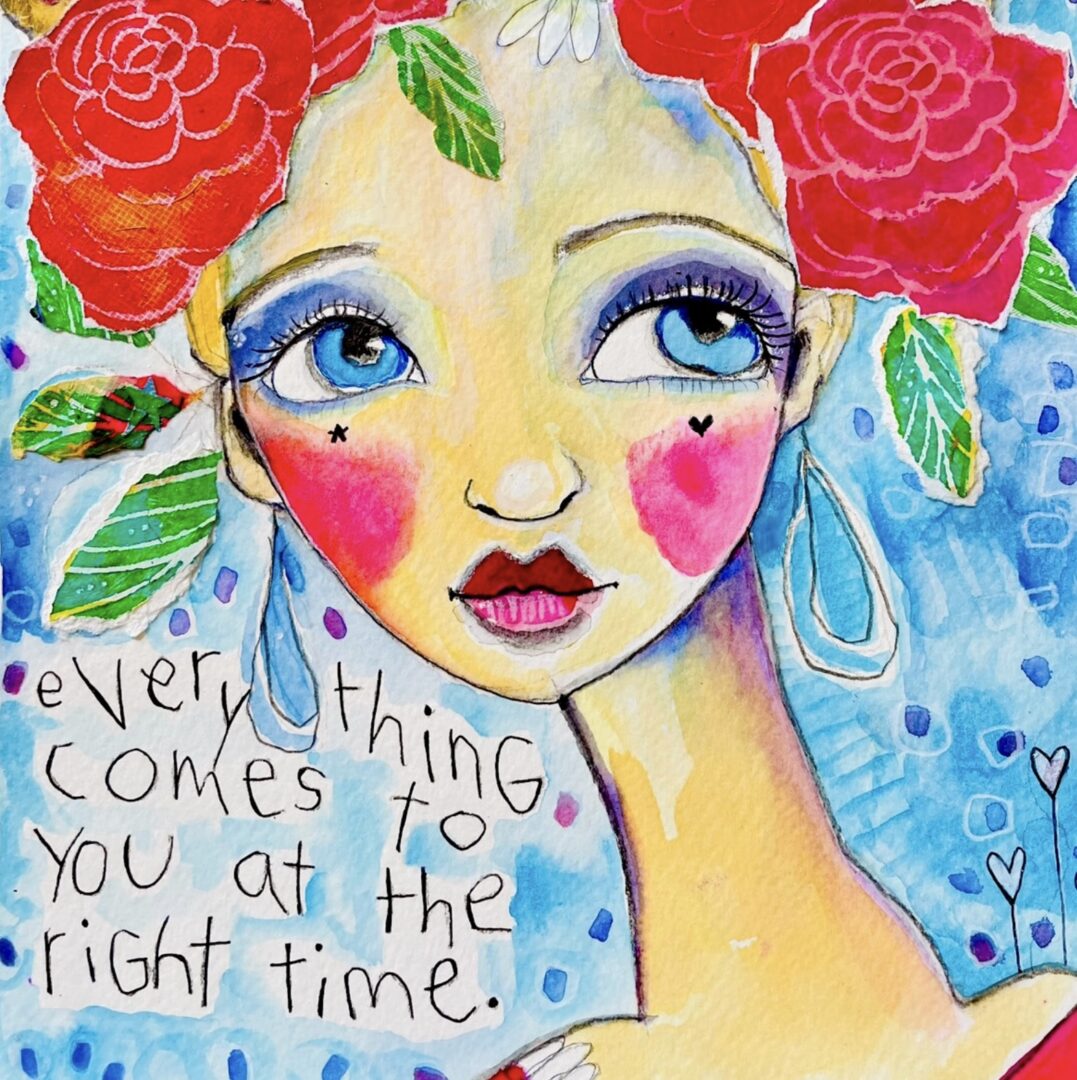
Appreciate the insights and wisdom. Before we dig deeper and ask you about the skills that matter and more, maybe you can tell our readers about yourself?
When a trusted physician told me that he had the solution for my chronic insomnia – a “tried and true medication without any side effects,” I believed him. For seven years, I took my medication exactly as prescribed until one day. I learned that my doctor was wrong: long-term benzodiazepine used causes all kinds of problems, including profound changes in brain function.
While healing from an iatrogenic brain injury that is still not widely recognized by most doctors, I started painting as a way to distract myself from the excruciating symptoms, and I noticed that my symptoms seemed to be less bothersome when I was focused on my artwork. Soon, I was painting all the time. I began to show my work at festivals, developed a newsletter and a website, and gained recognition as a talented local artist with an “interesting” story. I realized that making art isn’t just about making beautiful pictures — it is also a powerful tool for emotional expression and healing. I also learned that I was not alone in having had a terrible experience withdrawing from prescription medication. In fact, there were several peer-led websites devoted to helping the many thousands of people who were going through the same experience.
Around this time, I became interested in brain health. I learned that commonly prescribed psychiatric medications are neurotoxins which disrupt normal brain chemistry and set about creating a new relationship, one in which I prioritize getting adequate sleep, eating a balanced diet rich in omega-3 fatty acids, exercising regularly, managing stress through techniques like mindfulness or yoga & engaging in somatic rehabilitation therapies. I became interested in new developments in brain health, especially in the field of neuroplasticity, and I learned that the brain can, in fact, repair neural pathways and create new ones when needed.
In 2018, I completed the necessary coursework to become a Certified Peer Recovery Advocate and Holistic Health Coach, and I started teaching in-person art classes in which I combined everything I had learned about brain health to help others to develop critical coping skills, boost self-estem & cultivate resilience through creative accomplishments. During the COVID Quarantine, I wrote PSYCHiATRIZED: Waking Up After a Decade of Bad Medicine, a memoir about my experience withdrawing from psychiatric medication. I also took my skills online and, in September 2024, I launched a ten-week online course that combined creativity with mindfulness practices to encourage overall emotional well-being. Co-taught with my friend, Holistic Health Coach, Emilie Jordao, our CONARÉ Expressive Art & Wellness classes meet LIVE via ZOOM on Thursday nights at 7-9 PM EST during which time we focus on eliminating negative self talk, trusting our intuition, trying new techniques and – most importantly – gathering with a non-judgmental community for relaxation & creative play.
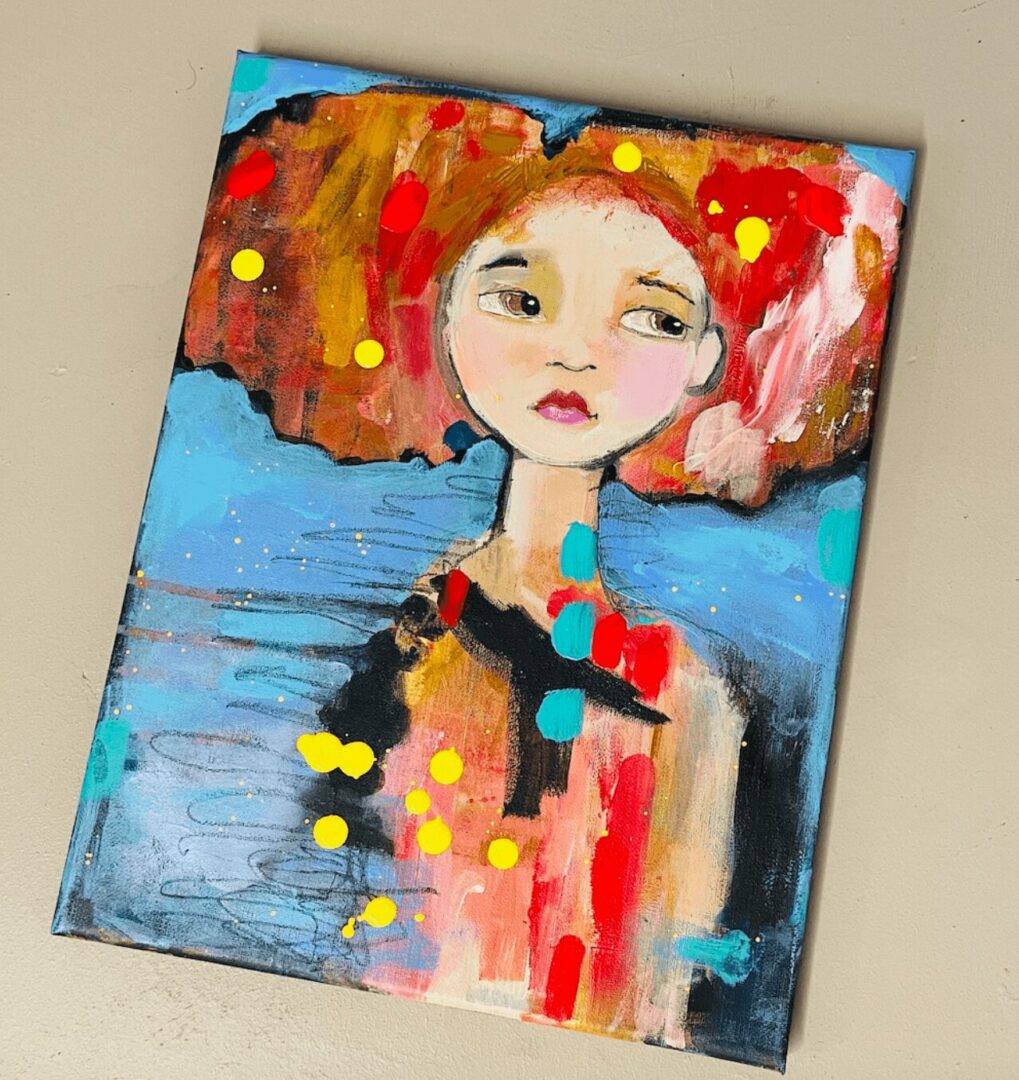
There is so much advice out there about all the different skills and qualities folks need to develop in order to succeed in today’s highly competitive environment and often it can feel overwhelming. So, if we had to break it down to just the three that matter most, which three skills or qualities would you focus on?
1. I learned that creativity is truly the best medicine. People often think that creative endeavors are frivolous, but I can assure you, they most definitely are not. Research hows that anything we do that involves using both hands and movement is beneficial for the brain — so gardening, playing a musical instrument, hooking a rug, baking a loaf or bread, whatever strikes your fancy to keep you out of your head and in the moment, that’s where the healing is.
2. I learned to take my cues from nature. Going thru benzodiazepine withdrawal was a long winter. I never thought I would heal. I looked outside and tried to remind myself that there is a reason and a season for everything — and that, even though it may feel like it, no winter lasts forever. Spring always returns. Psych med withdrawal precipitated a rebirth for me. I didn’t realize how much the medication was dulling my shine. Today, I’m thriving again: living a life of embodied integrity, and spiritual alignment – and that’s what healing is about. My intention behind everything I do is to remind people that it is possible to heal from difficult, unexpected life events. You can heal. You can unpack your experiences and understand them, and by doing so develop a totally different perspective to living life to its fullest.
3. Healing does not come from inside the same container that broke you. It is necessary to develop a growth mindset and to be willing to look outside the environment in which we are all stewing to find answers.
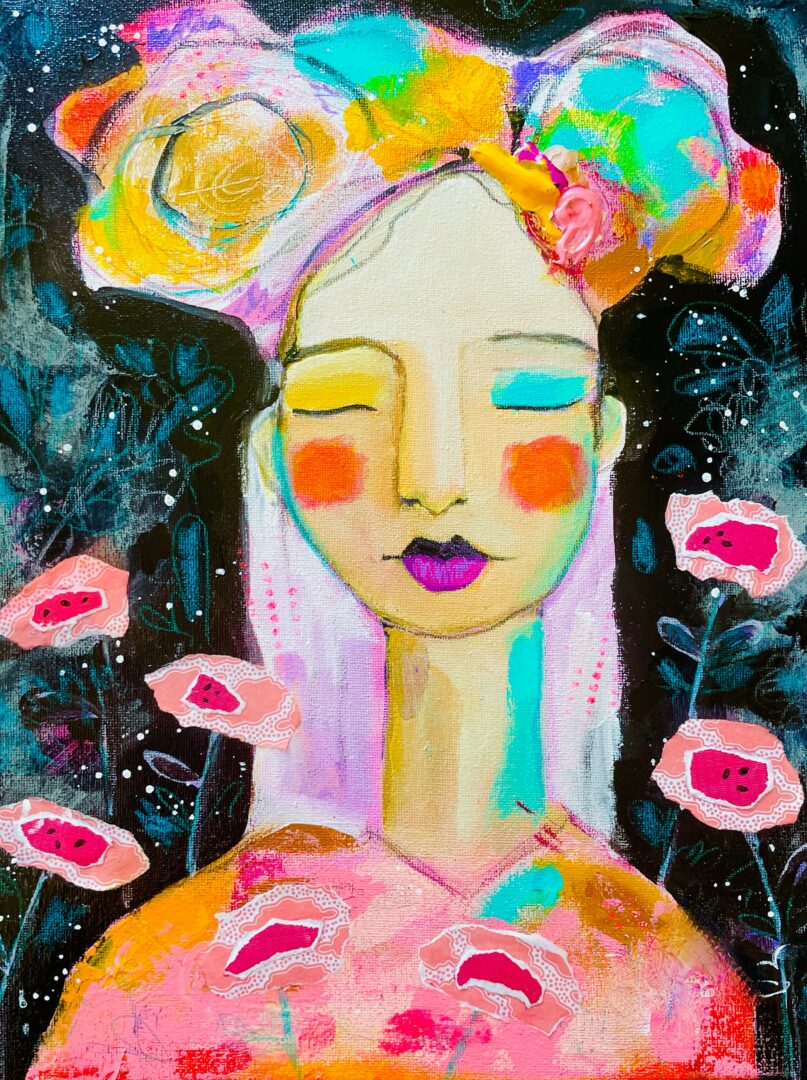
Alright, so before we go we want to ask you to take a moment to reflect and share what you think you would do if you somehow knew you only had a decade of life left?
I recently had a laminectomy surgery, and I am now having to reapply the lessons that I learned a decade ago — to slow down, be patient, to listen to and my body, and remind myself that I am well-resourced and that God has my back.
Contact Info:
- Website: https://www.rasjacobson.store
- Instagram: https://www.instagram.com/rasjacobson/
- Facebook: https://www.facebook.com/rasjacobsonart
- Youtube: https://www.youtube.com/@RASJACOBSON
- Other: People can find my memoir at: https://amzn.to/3Blvqg4
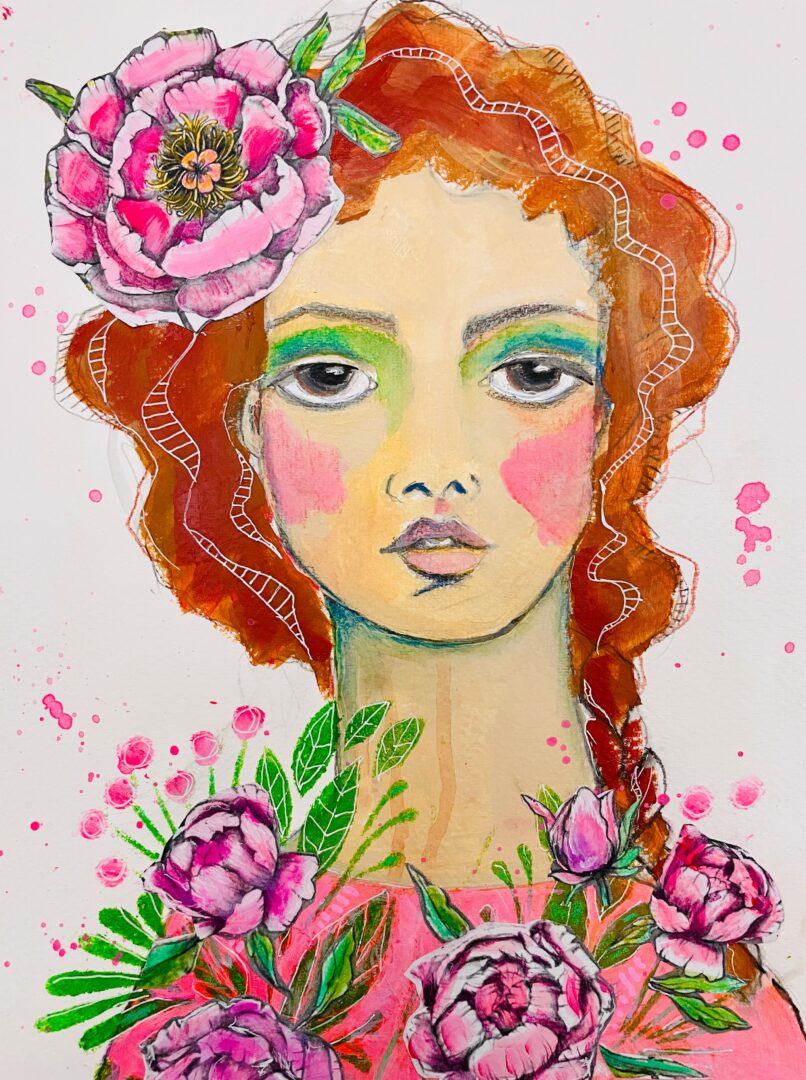
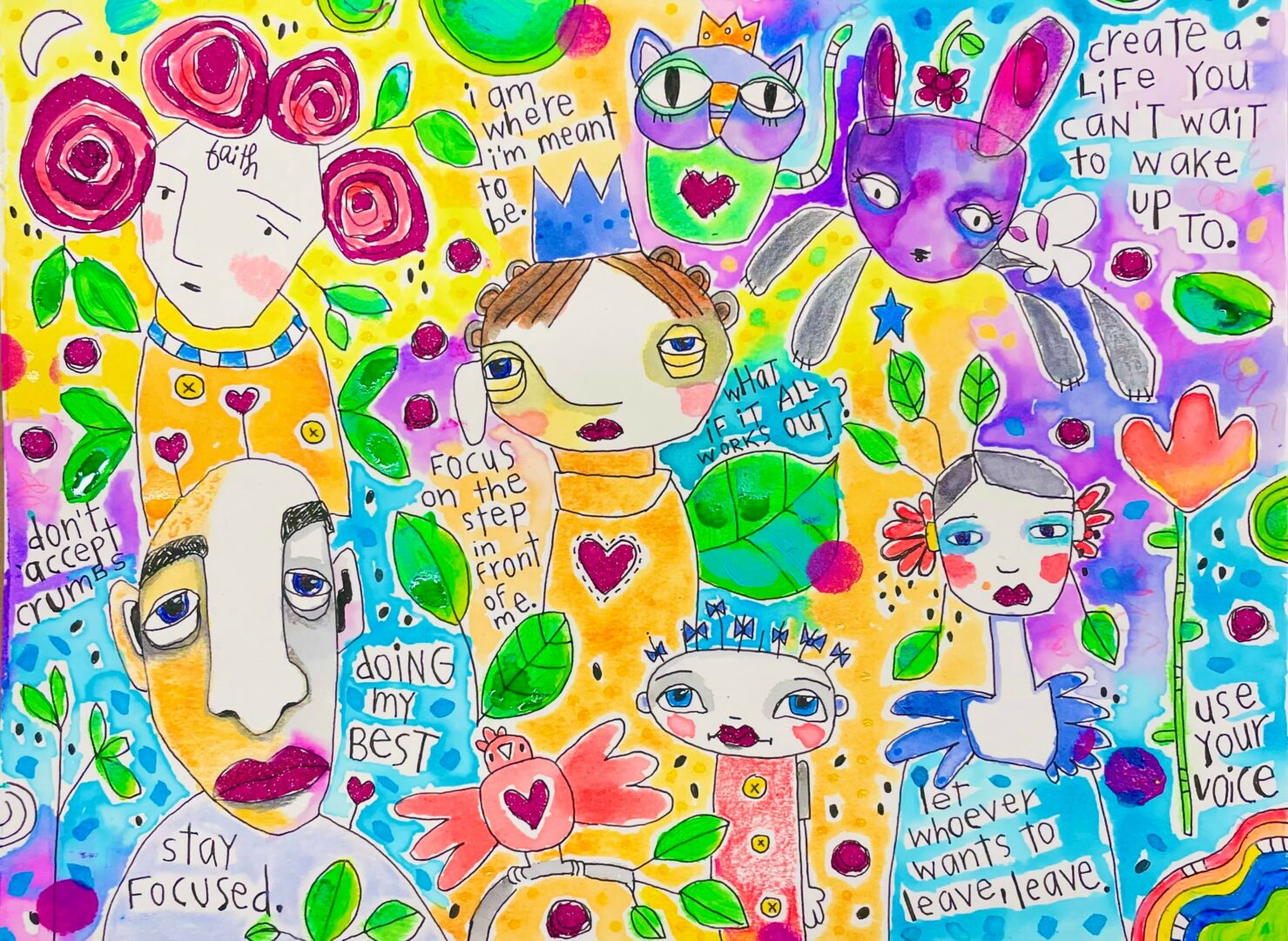
so if you or someone you know deserves recognition please let us know here.

